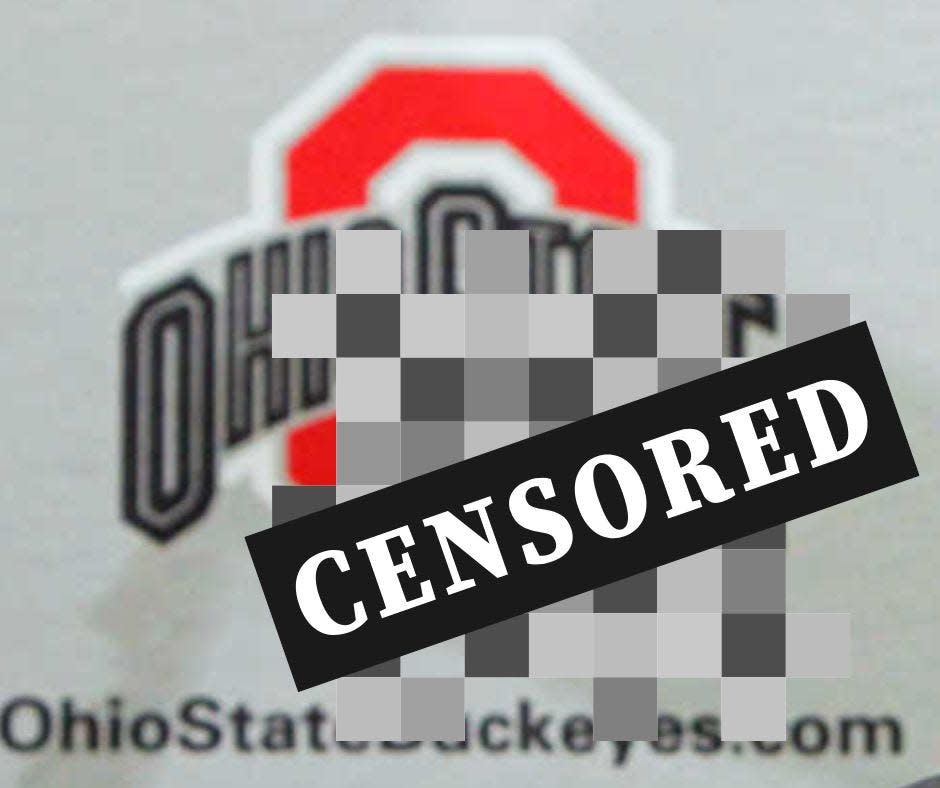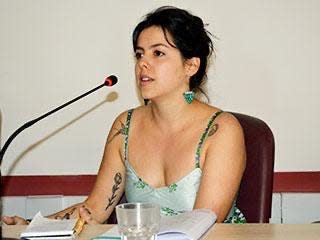OSU student: Science, truth would be banned at Ohio's beloved universities if bill passes

Maria Vitoria de Rezende Grisi is a second-year Ph.D. candidate in the "Studies Portuguese-speaking World" Program at Ohio State University.
I arrived in the United States in 2021.
For many, this would be enough reason to not voice my concern about Senate Bill 83. However, I believe that, in the world’s largest democracy, I too have my space in a debate that affects not only my academic career but the education we want our current and future students to access.
American Historical Association: Unwieldy bill would destroy higher education in Ohio
Anyone interested in more than just the momentum of the debate should take a careful look at the text of the proposed bill.
I quote: “The institution affirms that it will educate students by means of free, open, and rigorous intellectual inquiry to seek the truth.”
That statement, at first sight, seems reasonable.
We all want our students, myself included as one too, to be able to access a variety of information and become independent researchers. However, if looked closely the biggest problem relies on the word “truth."
I do not have to mention the ever-lasting discussions about the meaning of this word. No. Instead, let’s take another look at Senate Bill 83’s text:
“'Controversial belief or policy' means any belief or policy that is the subject of political controversy, including issues such as climate change, electoral politics, foreign policy, diversity, equity, and inclusion programs, immigration policy, marriage, or abortion.”
According to the text, and to mention only one example, even climate change is a “controversial belief or policy."

Jerry Cirino: Ignore 'hysteria.' Freedoms attack on Ohio campuses. My bill will protect them
If the issue of climate change will be seen as a belief, we are left to wonder what the “truth” will be.
When they allow scientific research to be credited as belief, they assume they are against the scientific methods and the results. Climate change is not an issue voiced by a minority of scientists trying to promote “hysteria," quoting Senator Jerry C. Cirino.
It’s an issue that has been researched for many years and it goes beyond political views.
Limiting these topics to “controversial belief or policy” and calling many of them “woke” agendas, quoting Cirino, shows that Senate Bill 83 was built on conservative ideologies.
This bill highlights the section of society that is desperate because it’s losing its privileges.
Diversity, immigration, and equity are key factors they need to combat to stop this process. Professors and scholars like Pranav Jani, James Grossman, Anne Hyde, and Timothy Messer-Kruse, have come forward to show the dangers Senate Bill 83 poses and the precedents it will open in higher education.
Stating that climate change is a belief is just one fraction that reveals the dangers behind the lines of Senate Bill 83. By stating such things as beliefs, they promote an anti-academia discourse and anti-science ideologies that are unacceptable.
We, students, should be able to have access to accurate information and if something is believed to be wrong, we should be able to access the tools available to conduct our research.
Opinion: 'The humanities are our moral compass.' Is there value in English, history degrees?"
I watch in disbelief at the process of censorship that is taking place in Ohio. They refuse the word censorship because it is strong and would not apply to their ideas.
However, censorship takes many shapes and forms. By intimidating professors and students, they promote censorship that does not stand out as such.
When history, sociology, ecology, and other disciplines are twisted as beliefs, it’s clear that what is at stake is the imposition of a conservative narrative.
We as students, instructors, scholars, and professors, from any background and different points of view, must stand against Senate Bill 83, and make sure that the production of knowledge is not censored.
Maria Vitoria de Rezende Grisi is a second-year Ph.D. candidate in the "Studies Portuguese-speaking World" Program at Ohio State University.
This article originally appeared on The Columbus Dispatch: Ohio State student: Dangerous bill deems truth as too controversial for colleges, universities

